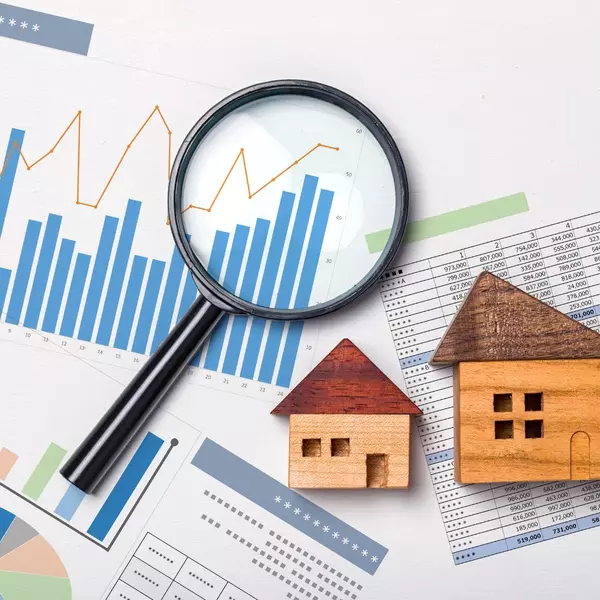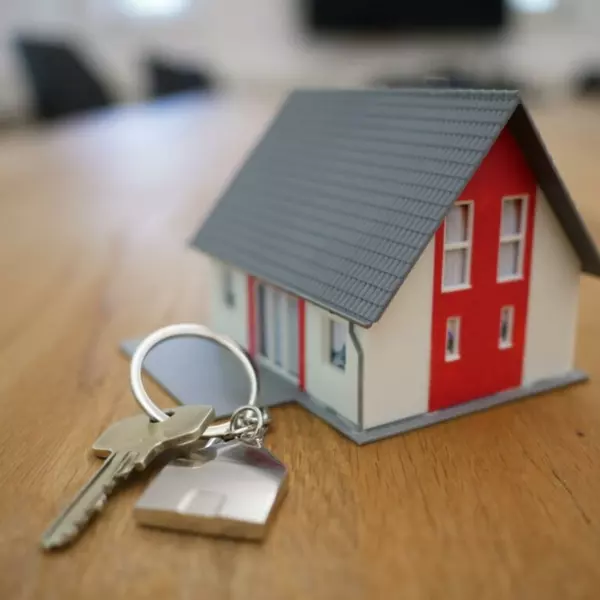Introduction to the Home Buying Process
Welcome (almost) to the world of home ownership! The fact that you're here says you’re serious about buying a home, and you’re looking for step-by-step guidance through the process—from finding the right home to signing the papers that make it yours. Either way, you’ve come to the right place.
Buying a home is a big step. In fact, it’s many big steps—to the first-time homebuyer, the process can seem long, complex, and more than a little confusing. We would like to take the confusion out of buying a home, guiding you through each step of the process and offering tips and information along the way. And if you’ve bought property before, this will serve as a step-by-step refresher course with information on all the current real-estate practices. Our goal is that you’ll feel confident about one of the biggest decisions you’ll ever make.
Should You Rent or Buy?
Home ownership is a big step, and many people worry whether they’re ready to take it. If you currently rent your house, you may wonder if you can even afford to buy a home. Just looking at real estate listings online or in the Sunday paper can make you break out in a cold sweat. Yes, homes are expensive. But they’re also an investment—and for many homeowners, it’s one of the smartest investments they’ll make. Depending on how much you currently pay for rent, how expensive homes are in your area, what your credit score looks like, and how long you plan to live in the house (among other factors), buying a home is often less expensive than renting in the long run. After all, when you rent, you just pay for a roof over your head. When you buy, you become the owner of that roof—and everything beneath it.
If you’re thinking about buying a home, you’re already aware that buying has its own advantages. Here are some major ones:
Say goodbye to your landlord. It irks some people to pay good money each month and not get anything more in return than the right to live under someone else’s roof. When you own your home, each mortgage payment builds up your equity in the house—not much at first, but it increases with time. Some landlords are great, but others are slow to make repairs—and quick to raise the rent. If you want to feel like your home is your own, you might be ready to buy.
Take advantage of tax breaks. You can deduct mortgage interest, property taxes, and some closing costs from your federal income taxes. (For the tax savings to make a difference, the deductible items must add up to more than the standard deduction—and you’ll have to itemize all deductions to claim this tax break.)
Beat inflation. As the cost of living goes up, the cost of rent goes right up with it. If you use a fixed-rate mortgage to buy a home, however, your principal and interest payments stay the same for as long as you live in the home. The longer you stay there, the more pronounced this benefit.
Build equity. Renting is pay-as-you-go; as long as you pay your rent and abide by the terms of your lease, you can live in your home. But if you buy, as you make mortgage payments and as home values rise, you gain equity in your home. You can treat your home’s equity like a savings account, cashing out when you sell the home and using the money for a down payment on your next home. Or you can borrow against it using a home equity line of credit.
Have your own place. For many people, the main reason to buy a home is to have a place that’s truly their own. You’re not paying off the landlord’s mortgage—you’re investing in a home with your name on the deed. That’s a great feeling, whether you buy a one-bedroom manufactured home or a many-roomed mansion.
Here is a short video that walks you throught the home buying process. Enjoy it.
Until next time... Your Trusted Voice in Edmonton Real Estate
|
|
Categories
Recent Posts










